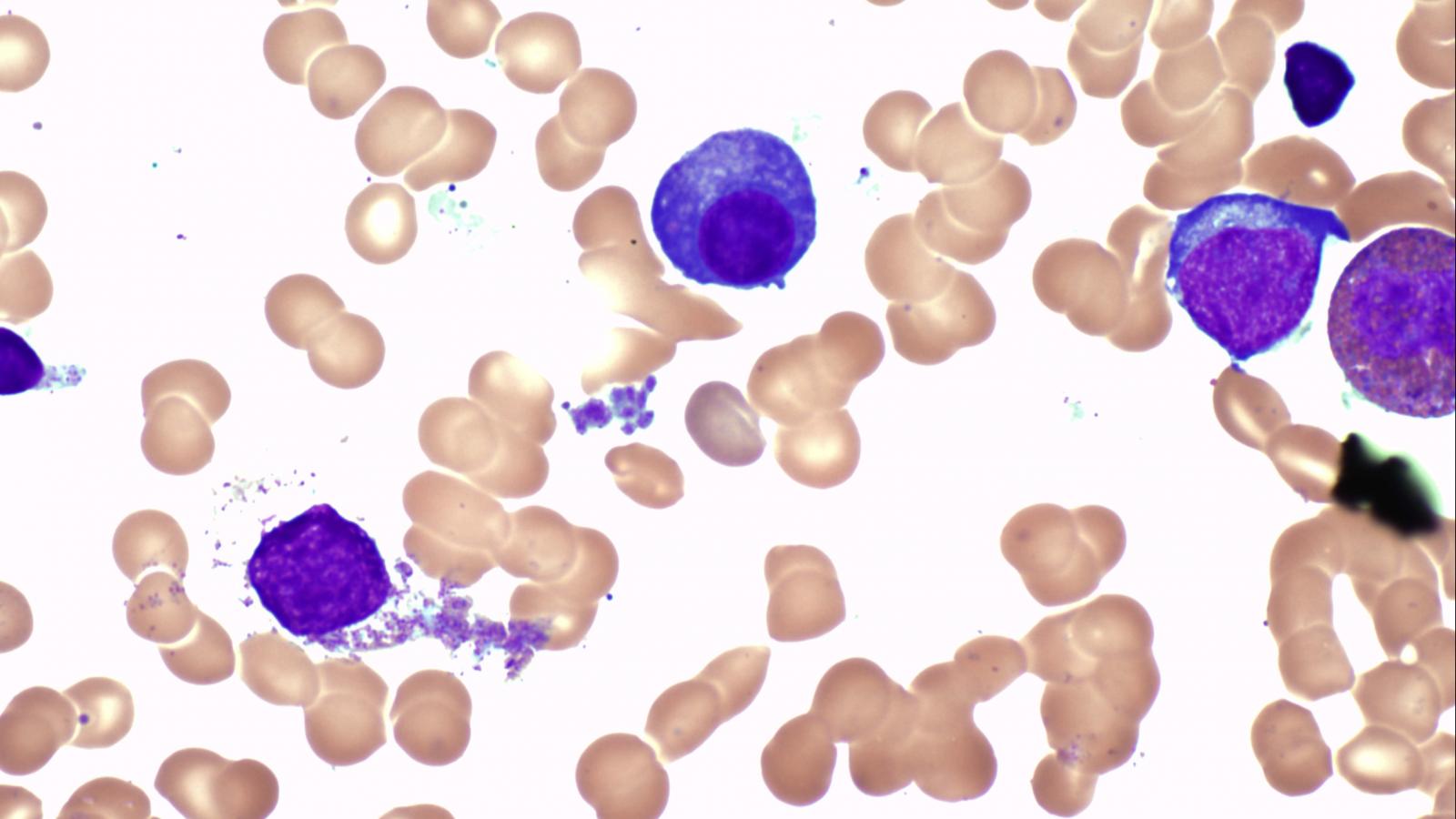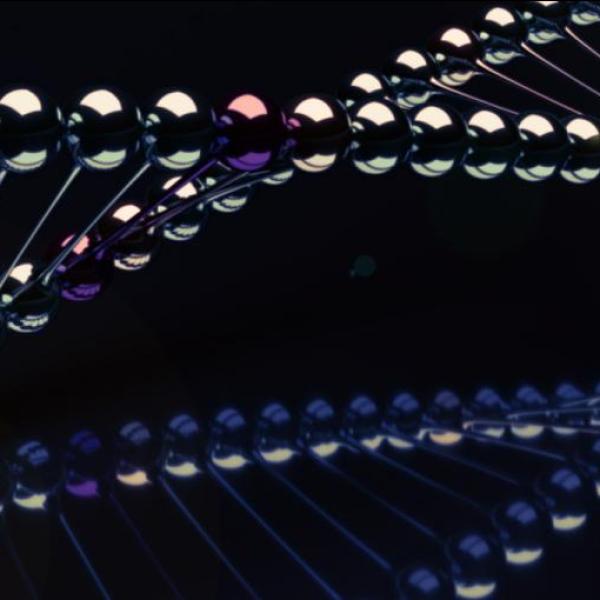Staging testicular cancer

Staging means finding out if the cancer has spread to other parts of your body, such as your lymph nodes or lungs Staging will help your doctor to plan the best treatment for you.
There are different ways to describe testicular cancer stages. The main way to stage testicular cancer is the Stage 1, 2 or 3 system. There’s no stage 4 with testicular cancer. Some doctors may use other systems, such as the TNM system.
Stage 1 (I)
This means the tumour is found only in the testicle. It has not spread and no lymph nodes are involved. Tumour markers (blood tests) are normal or only slightly raised. Stage 1s means markers are raised after surgery.
Stage 2 (II)
Here the cancer has spread outside the testes to the lymph nodes in the abdomen (tummy). The size of the nodes can vary:
- Stage 2a nodes are less than 2cm
- Stage 2b nodes are 2-5cm
- Stage 2c nodes are larger than 5cm
Stage 3 (III)
Here the cancer has spread to other organs such as lungs, liver, bone and brain. This is known as metastasis.
- Stage 3a means the cancer has spread to distant lymph nodes or to your lungs. Your blood marker level may be normal (S0) or slightly raised (S1)
- Stage 3b means the cancer has spread to nearby lymph nodes or lungs and you have a moderately high marker level (S2)
- Stage 3c can mean that you have a very high tumour markers (S3), or that your cancer has spread to another organ, such as the liver or brain.
TNM staging system
The TNM staging system looks at the size of the tumour (T), if the cancer has spread to your lymph nodes (N), and if the cancer has spread to other parts of your body (M for metastasis).
Your doctor often uses this information to give your cancer a number stage – from 0 to 3. A higher number, such as stage 3, means a more advanced cancer.
Some stages are further divided into stage A and B.

Staging can be hard to understand, so ask your doctor and nurse for more information if you need it. You can also call our Support Line on 1800 200 700.
For more information
Phone
1800 200 700



